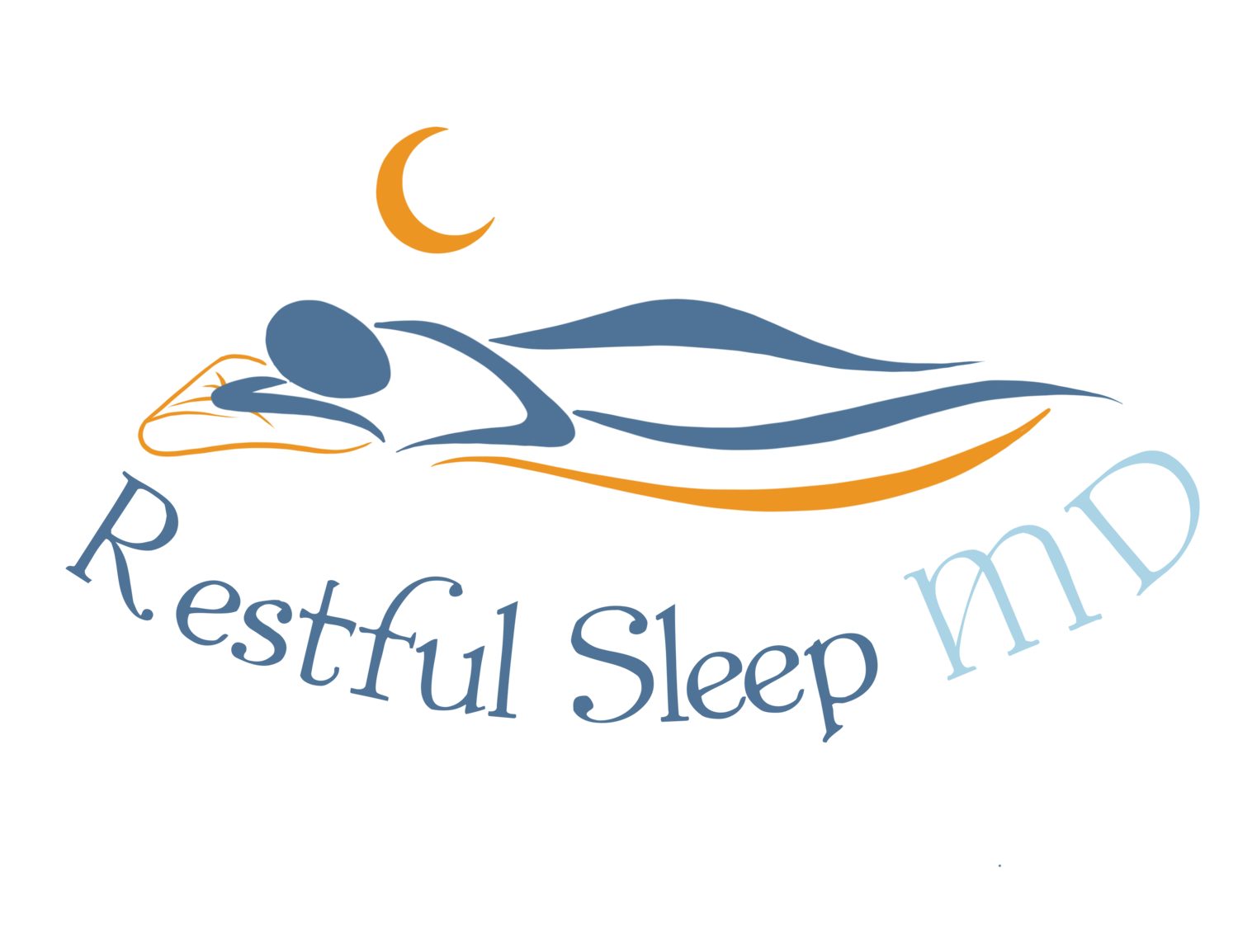How Daylight Saving Time Changes Can Impact Your Sleep
As the end of daylight saving time approaches, many people in Philadelphia and across the U.S. are preparing to “fall back” by setting their clocks back one hour. While this might seem like an opportunity for extra rest, the reality is that daylight saving time (DST) transitions often disrupt our natural sleep cycles. For some, this shift can trigger fatigue, mood changes, and even health risks.
At Restful Sleep MD, Dr. Funke Afolabi-Brown helps patients understand how changes in light exposure and circadian rhythm affect their overall health—and what you can do to protect your sleep during this seasonal transition.
Why Daylight Saving Time Disrupts Sleep
Human bodies operate on a 24-hour cycle known as the circadian rhythm, which is influenced by exposure to natural light and darkness. Shifting the clock—even by just one hour—creates what scientists call “social jet lag.” This temporary misalignment between the clock and the body’s internal rhythm can lead to:
Trouble falling asleep or waking up
Daytime drowsiness and fatigue
Irritability or mood changes
Reduced productivity and focus
According to the American Academy of Sleep Medicine, even a one-hour shift can disrupt sleep quality for up to a week or more.
The Health Effects of Time Changes
Research has shown that daylight saving transitions are not just inconvenient—they can affect health. Studies reveal that the week following the fall and spring time changes is associated with:
A 5% increase in heart attacks
A rise in workplace injuries and car accidents
Worsening symptoms for people with insomnia or mood disorders
For children, teens, and busy professionals in Philadelphia, losing just one hour of alignment with their circadian rhythm can throw off routines and sleep patterns significantly.
Tips to Combat DST Sleep Disruptions
The good news is that with planning, you can minimize the impact of the clock change. Sleep specialists often recommend these strategies to patients:
Gradually shift your bedtime: In the days leading up to the change, go to bed and wake up 15 minutes earlier or later (depending on the season).
Prioritize morning light exposure: Step outside into natural light within an hour of waking up to reset your internal clock.
Avoid late caffeine and screen time: Blue light and stimulants can make it harder to fall asleep when schedules shift.
Maintain consistent routines: Keep meal times, exercise, and relaxation practices steady to anchor your body’s rhythm.
Limit naps: Short naps (20–30 minutes) may help, but avoid long daytime sleep that can interfere with nighttime rest.
Expert Sleep Care in Philadelphia
Dr. Funke Afolabi-Brown is a triple-board-certified sleep medicine physician with nearly two decades of clinical experience. As a clinician, consultant, and speaker featured on ABC News and international conferences, she brings trusted expertise to every patient interaction.
Her passion for sleep medicine is also personal—she is a mother who has experienced sleep struggles firsthand. This combination of medical expertise and empathy allows her to guide patients toward healthier habits with compassion and clarity.
At Restful Sleep MD, we go beyond symptoms, using a concierge model that provides direct communication with Dr. Brown, priority appointments, and access to premium educational resources. Our holistic approach considers underlying causes of sleep disruption, tailoring strategies that help busy professionals and families thrive.
Why Sleep Is Your Superpower
Sleep is not a luxury—it is essential for physical health, mental clarity, and emotional resilience. Dr. Brown reminds patients that optimizing sleep can improve everything from workplace performance to family relationships. Adjusting to daylight saving time is a chance to reevaluate your sleep hygiene and prioritize your body’s natural rhythms.
Take Control of Your Sleep This Season
If you find yourself struggling with sleep after the time change, you’re not alone. Many Philadelphians feel the effects of daylight saving time long after the clocks shift. But with expert guidance, you can reset your rhythm and regain restorative rest.
Contact Restful Sleep MD in Philadelphia, PA, today to schedule a consultation with Dr. Brown. Together, we’ll help you discover sleep as your superpower—even during daylight saving transitions.



